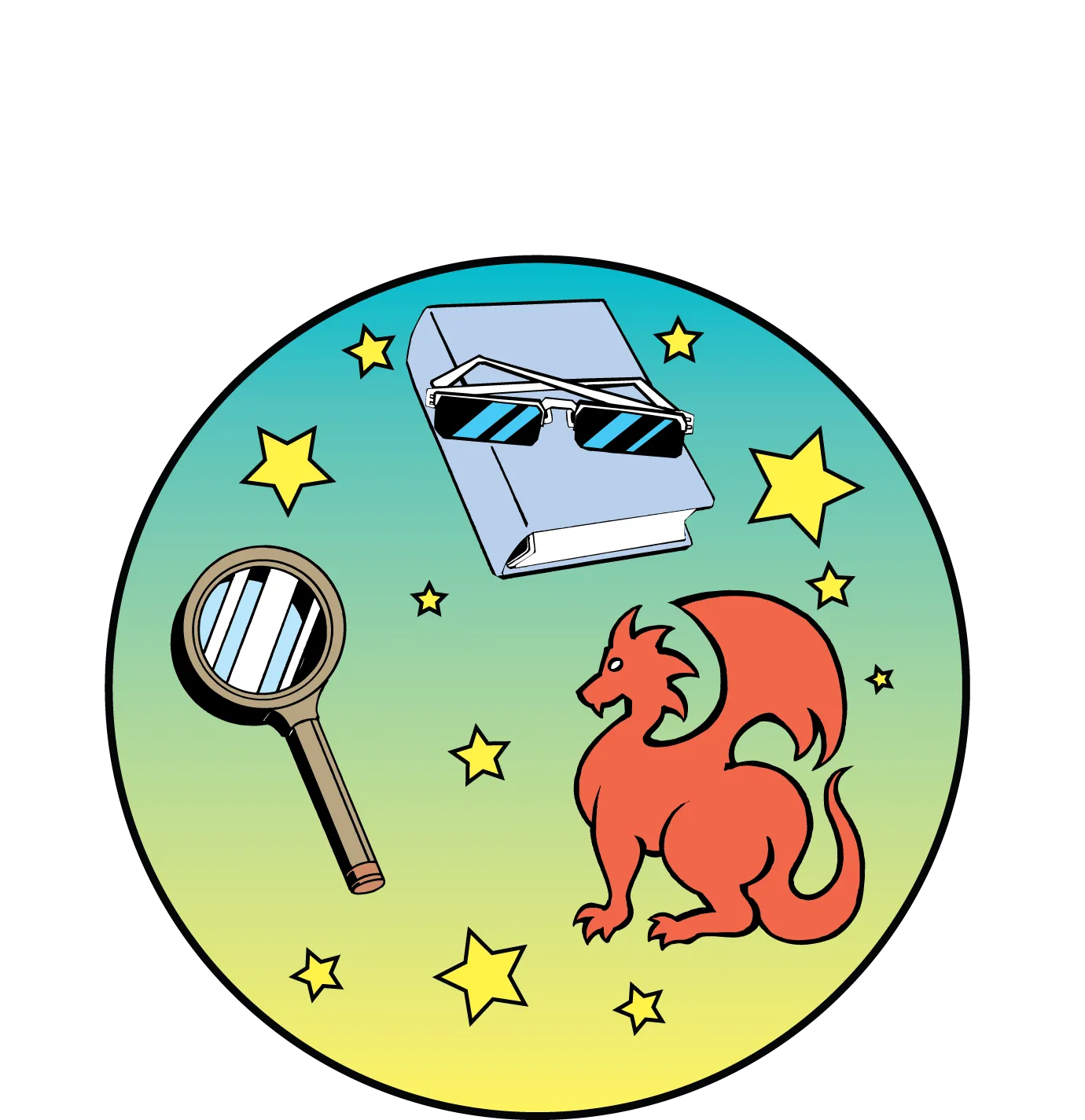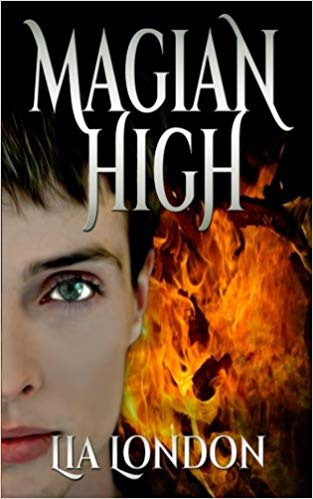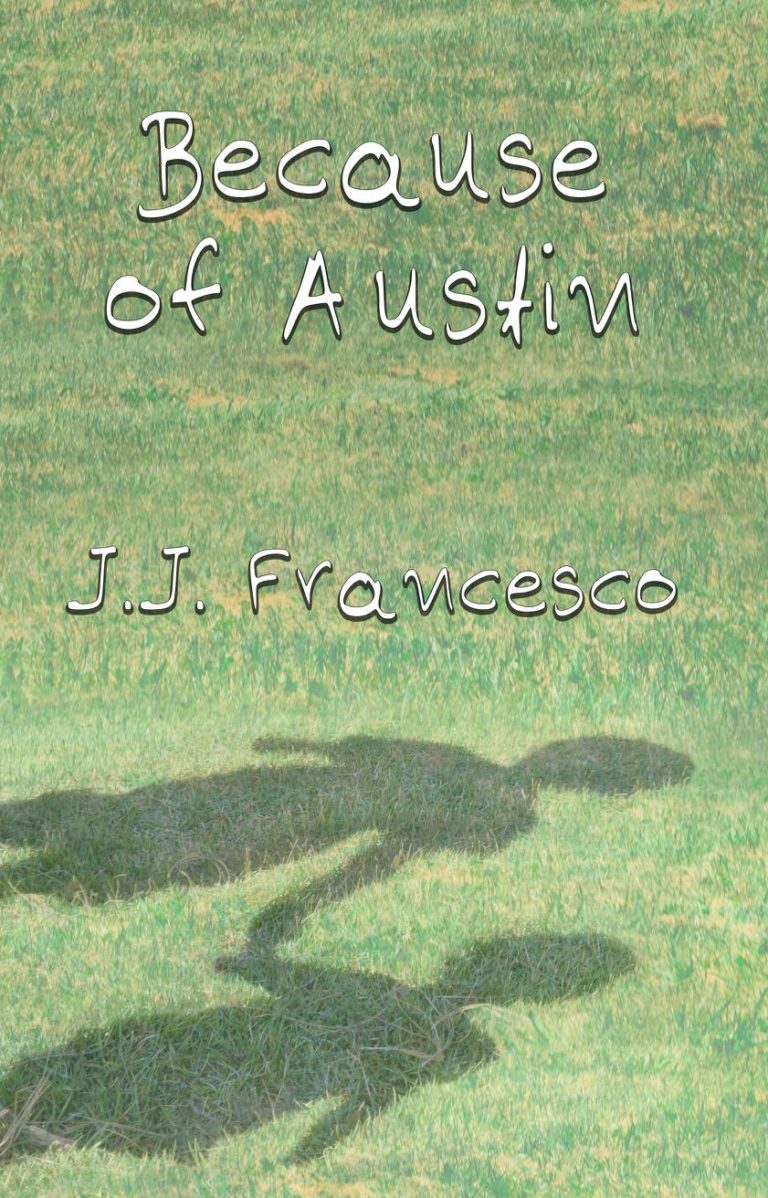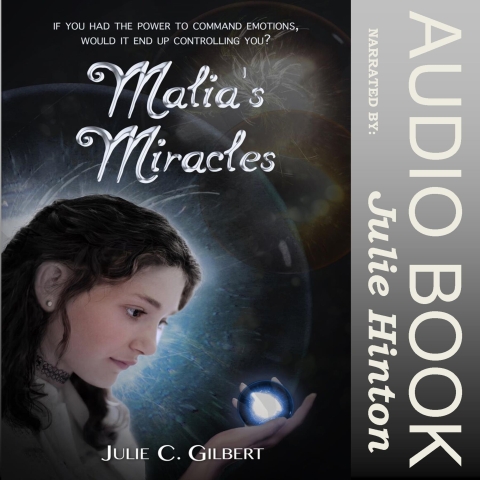And what that says about your story.
Introduction:
Hate might be a bit too strong for my meaning, but it was much quicker than saying “dislike/loathe/have an aversion to/ can’t connect well with/ grew bored with/ etc.” These are in no particular order within their groupings, but I believe there are neutral, bad, and good reasons people don’t connect to your story.
Bad Reasons:
- Too many grammar mistakes – Oddly enough, poor grammar doesn’t bother everybody. The writer in me cringes at that notion. Since I’m guessing a lot of you are writers too, I think we can all understand this one. Typos are often the bane of our literary existence. Yes, they happen to pretty much everybody, but that’s why there are advanced readers, editors, and conscript-able family members. That said, be cautious relying solely upon the last one unless your significant other is an editor or a writer. Lay family members also have a vested interest in remaining on your good side, so they may not be able to offer an unbiased critique of what can make the story better.
- Confusing plot – There’s a difference between “complex” and “confusing.” Complex is good. As writers, we strive to create a world that’s intricate enough to enthrall the reader. In many genres, part of that entails keeping the reader guessing what will happen next. It follows that confusing is bad. There are definitely times to lead readers on fantastic journeys to far-off lands, but you don’t want to leave them stranded there somewhere with no idea how to return. Strive for detailed, but don’t lose the reader.
- Blah characters – This is a tricky one because every reader comes with their preconceived notions of what makes a character interesting. For me, the key lies in the question: does this character contribute to the overall plot? Is s/he useful? For example, it annoys me when a princess is a cardboard character who only exists for the purpose of being rescued. Give her some personality. If her life being threatened is integral to the plot, then you’ve got to make us care about her first.
Stock characters have their places. There’s simply not enough time or page space to make every character a main one, but choose the few you flesh out wisely.
Neutral Reasons:
- Style preference: first person vs third person – If I had to guess, I’d say the vast majority of fiction works are written in the third person style. Third person generally allows the author a little more leeway with revealing details. It’s easier to be omniscient in that style. First person usually allows one to really get inside the head of the main character and/or the narrator. Often the narrator is the main character but that’s not always the case. I’ve done both styles, and I think they work well in the respective series. Yet, I completely understand not liking first person narration.
The main question that comes up subconsciously is: “Do I believe in this character’s voice?” That question is closely followed by: “Do I like this character’s voice?” In a book told in the first person, the reader’s going to be trapped inside the head of the narrator for all two-three hundred pages of your story. If the reader doesn’t particularly like the voice they’re hearing that whole time, it’s a tough thing to overcome.
- Writing style: general – As a reader, I just don’t connect well with how some people write. That’s the nature of the beast. I’m filing this under neutral because this reason is nothing you should automatically seek to change or question yourself about. Chalk that up to “you can’t win ’em all” and move on.
- The genre isn’t the reader’s favorite – This is probably one of the most common reasons I can cite when I identify a book I’m not connecting well with. You might ask why I’d bother reading a book in a genre that’s not really my favorite. It’s a fair question. The answer usually is that I was asked to read the book by the author. Also, I’ve read plenty of great books in genres I don’t consider my favorite. Every book is different, and you won’t really know unless you’ve tried it.
- Tone – Some people love humorous books, but often, when things veer into the ridiculous, I turn off as a reader. I love when there’s a lighthearted tone even about serious situations, but if everything’s a joke, then I can’t take the story seriously. The same could be said for a story being too gloomy. I don’t do well with tragedies on the whole.
Good Reasons:
- Characterization is so good that the reader ends up annoyed because they hate the bad guy. – While I’m sure we’d all love every reader to absolutely adore the story we’ve poured our heart and soul into, there is such a thing as making something too realistic. I know I’ve watched movies and read books that I mostly enjoyed but disliked because one character drove me crazy with their cruelty, injustice, or stupidity.
In an odd way, it’s a testament to your skill, but it’s also something to be aware of as you craft your next antihero or villain. Does the villain have any redeeming qualities? Is there something respectable about the antihero?
I guess one should be cautious that the characterization isn’t just bad, but then again, there are real villains in the world who ought to be hated and/or feared. I’m not saying you should congratulate yourself for annoying your reader, but I wouldn’t worry too much if one or two people cite this as a reason for not enjoying the story as much as they would have liked.
- Tone – Some people love humorous books, but often, when things veer into the ridiculous, I turn off as a reader. I love when there’s a lighthearted tone even about serious situations, but if everything’s a joke, then I can’t take the story seriously. The same could be said for a story being too gloomy. I don’t do well with tragedies on the whole.
- Outrage over a plot point/ ending – I think this one could easily cut both ways, as in be a good thing or be a bad thing, but I’m going to focus on the good here. If you can evoke very strong emotion in a reader, you just might be doing your job. Hopefully, you’ve intended for the reaction and aren’t being blindsided by people freaking out unexpectedly. Although this could be another sign of your skill as a writer, be cautious. You want readers to be on your side. Evoking emotion is good, but provoking a reader beyond reason is not good. Try to find that nice balance point.
Conclusion: Writing is an art and a skill. One of the aspects that I love most about writing is that it can be improved over time with practice. Some writers are afraid to share their work, but if you want to make it the best it can be, you’re going to have to let other people critique your baby along the way. If they truly have your best interests at heart, the people who critique the work will be open and brutally honest. Some of what they say may sound harsh, but take it with good grace. Remember, it’s not an attack on you. I’ll share more of my thoughts on what to do with constructive criticism later.
Thanks for listening.
-Jules



